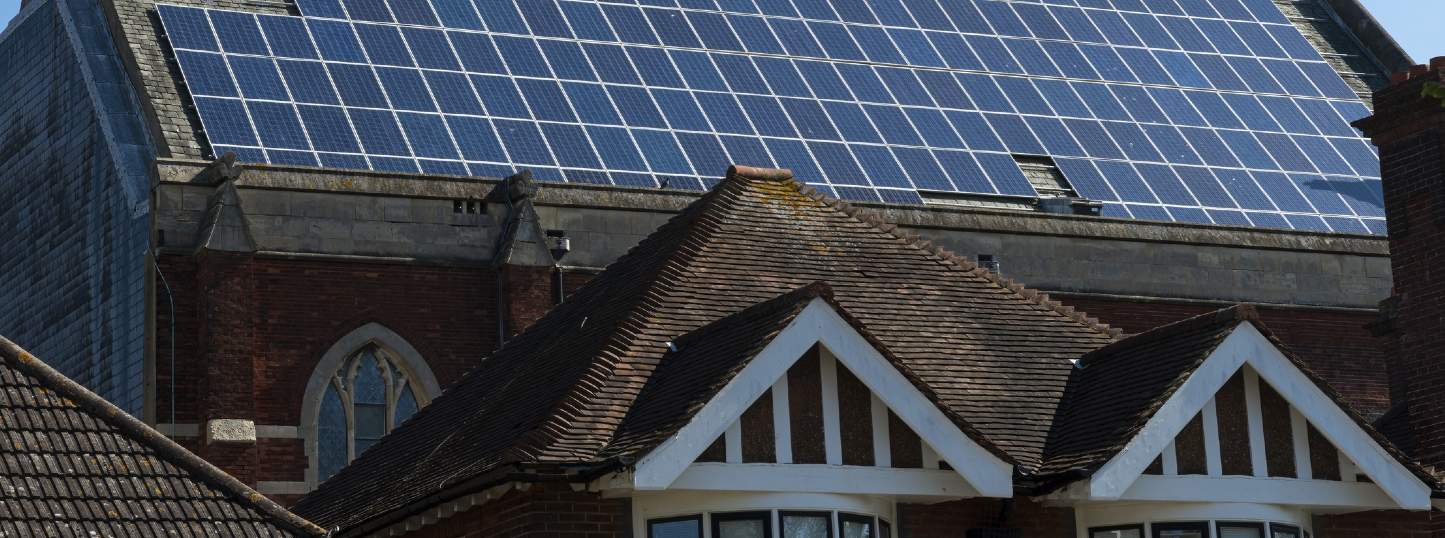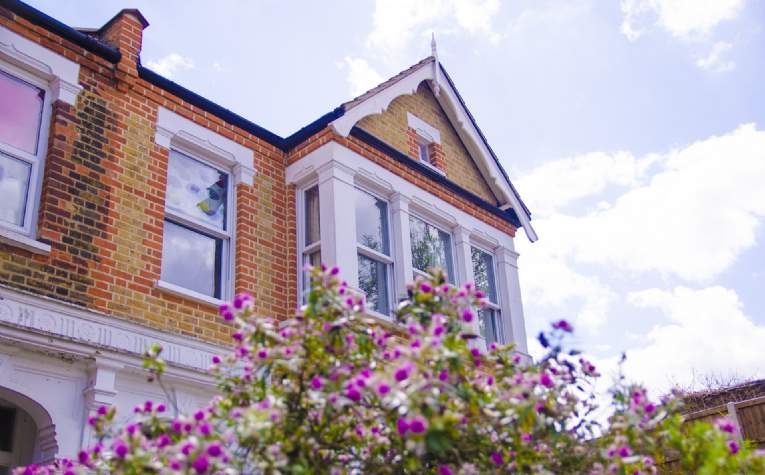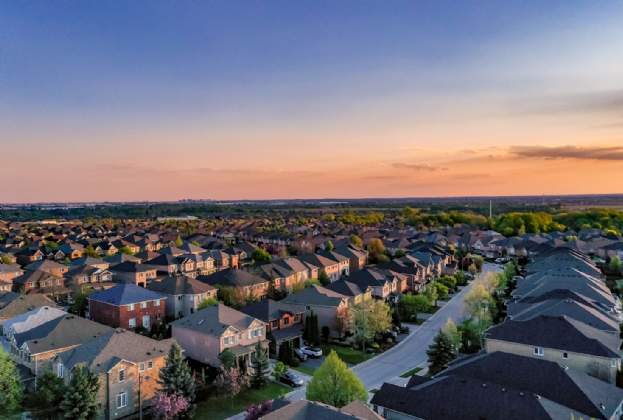What to consider when installing PV panels
There are many motivations for property owners may be keen to install PV panels, such as improving energy efficiency and long-term financial savings, but when assessing whether PV panels are right for your property it is important to understand how the proposed panels would impact the appearance, character and significance of relevant heritage assets. If your property is protected by being listed or it’s within a conservation area, then your proposal must interact sensitively with the building and its context, and as a result it may not always be possible to install PV panels.
Where the driver for installing PV is financial savings, careful consideration needs to be made about the viability of the project where these planning barriers exist as they will add to the cost of their installation. This may lead to certain parts of a building being ignored for PV as the revenues from that area may be proportionally too small to justify the additional effort.
Recent cases and changes to planning policy
PV panels are some of the trickiest retrofit solutions when it comes to protected buildings or contexts. A recent high profile example was the approval for PV panels on the roof of the Grade I listed King’s College Chapel, Cambridge.
PV panels ended up being approved by the planning committee despite Historic England objecting and planning officers recommending refusal. The decision is a key example of a mismatch between the existing planning framework and popular support for retrofit measures; where a planning committee disagreed with experts who advised that on balance the harm to the Chapel would be greater than any benefit from retrofit.
Planning policy is pivoting towards promoting retrofit and energy efficiency solutions, perhaps most typified by the recent addition of paragraph 164 of the National Planning Policy Framework (NPPF) which explicitly directs decision-makers to give weight to both the benefits of retrofit and any impact of that on heritage assets when coming to a balanced decision on acceptability of proposals. Prior to paragraph 164 there was only a direction to give weight to impacts on heritage assets in decision making, not the benefits of retrofit. Therefore, any retrofit needs to carefully assess the impact of the proposals on the significance of the heritage asset(s), as well as quantify the retrofit benefits.
Advice for homeowners considering PV panels
If you are considering installing PV panels to a heritage asset or protected building then it is well worth speaking to relevant professionals who are experienced in the retrofit of historic buildings, and can advise on how PV could be installed in a way that does not harm the significance of relevant heritage assets. This also includes recommending alternative retrofit solutions if PV panels are not the best option for your property.
In some instances it might be possible to install PV without seeking Listed Building Consent or Planning Permission. Some local authorities have implemented Local Listed Building Consent Orders, such as the Royal Borough of Kensington and Chelsea, where PV has been granted blanket Listed Building Consent under certain conditions (although planning permission might still be necessary).
If your house is not listed and not within a conservation area with an Article 4 (an additional development control) it might be possible to install PV under permitted development rights. If you are uncertain as to whether you can install PV at your home under permitted development or believe Planning Permission would be needed seek professional advice.
Further information
Contact Trystan Lever or Poppy Heneghan-Pickard

.jpg)
(1).jpg)
.jpg)
.jpg)
.jpg)

.jpg)
.jpg)
.jpg)
